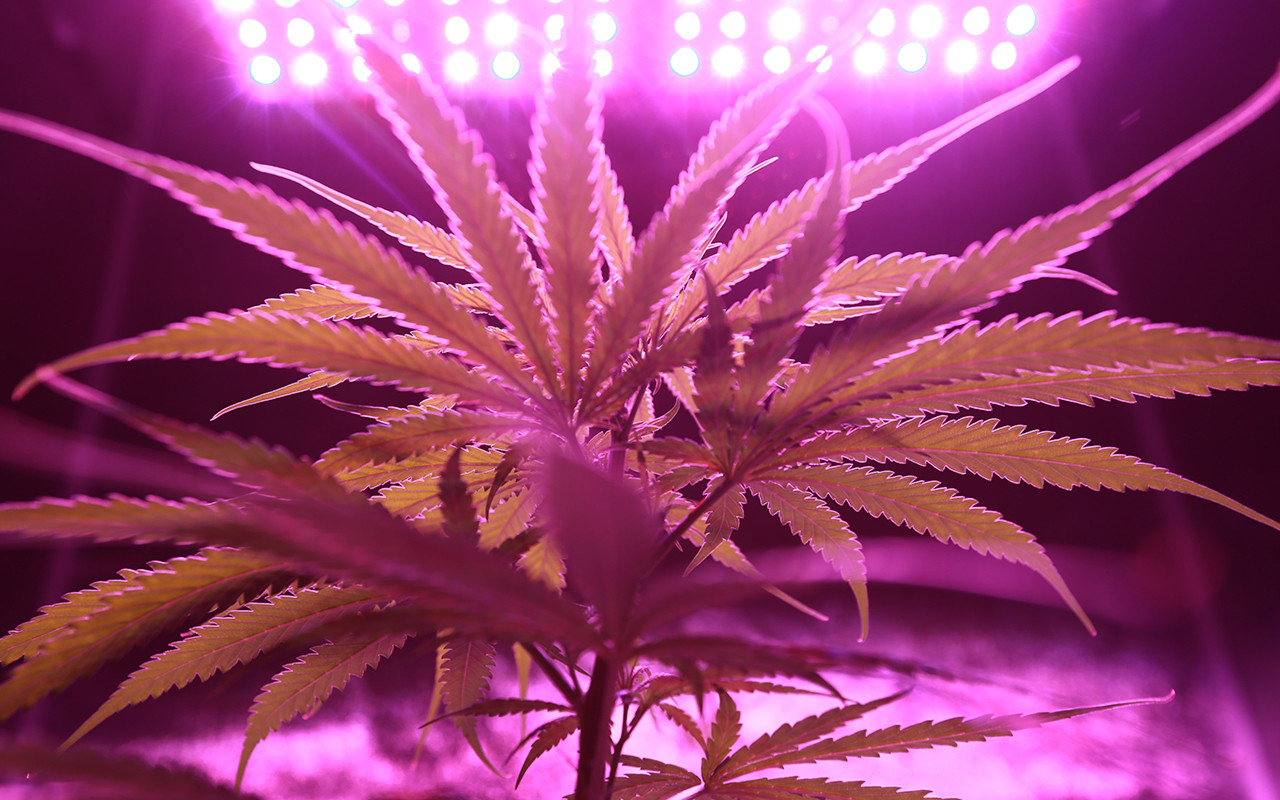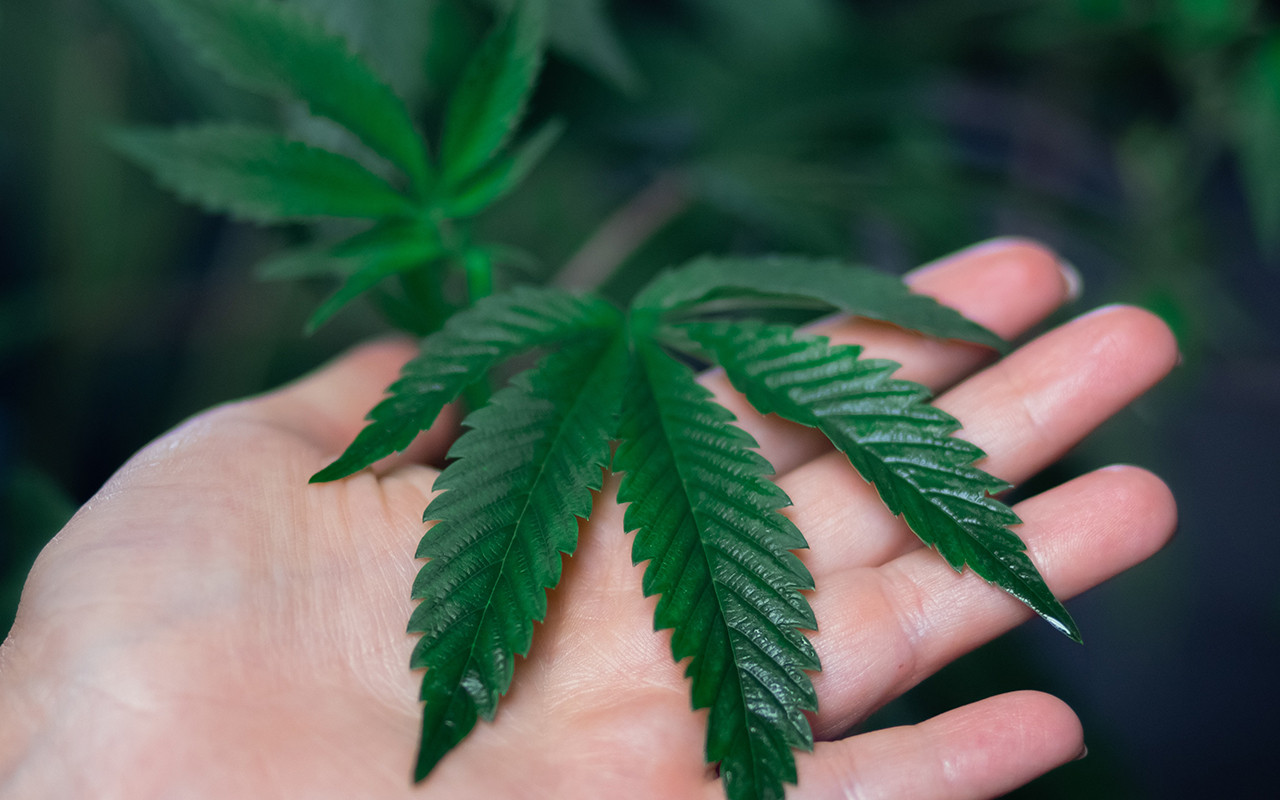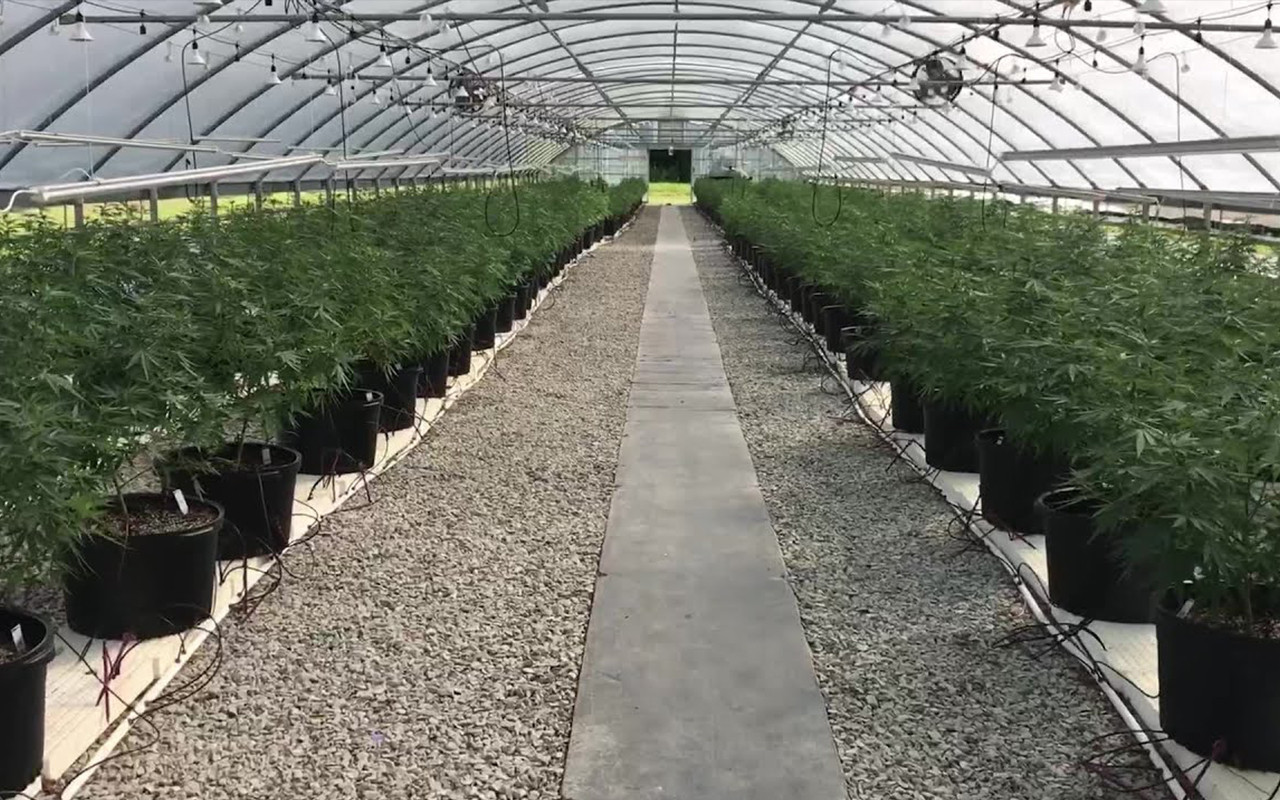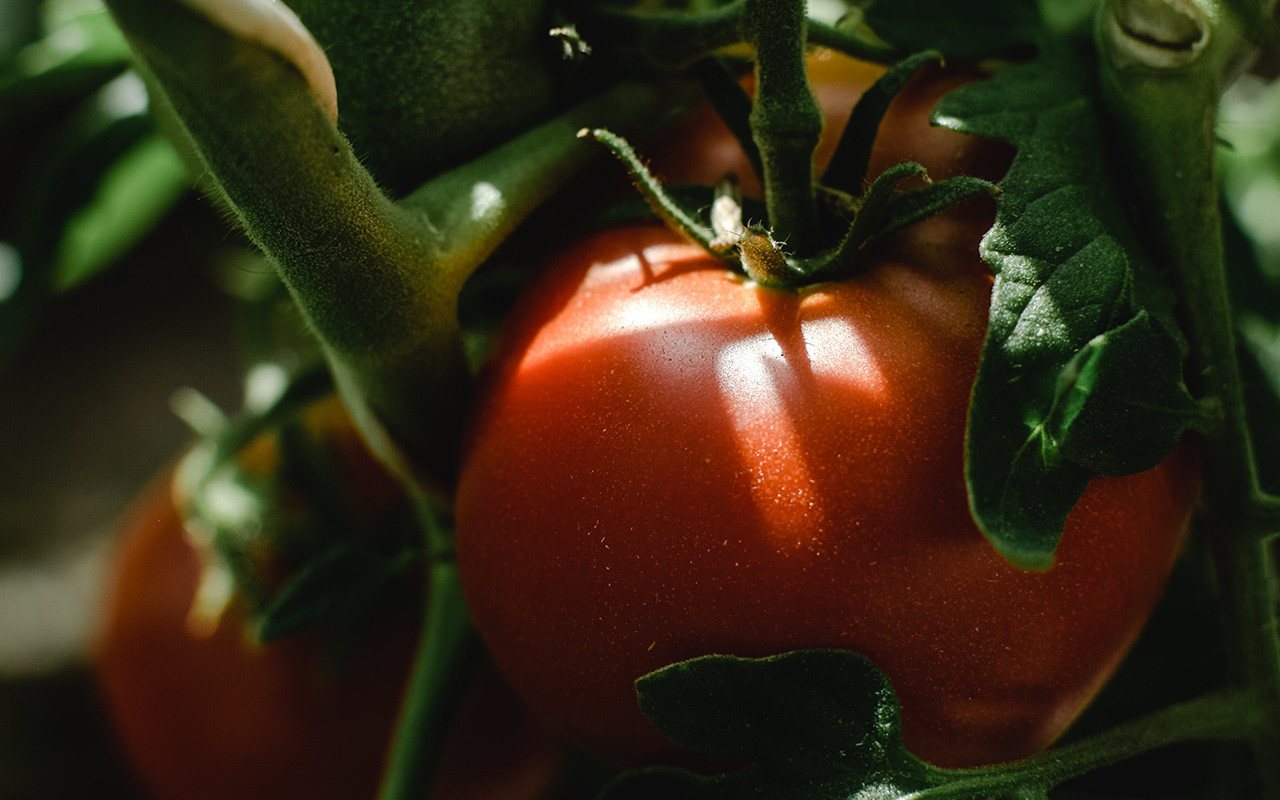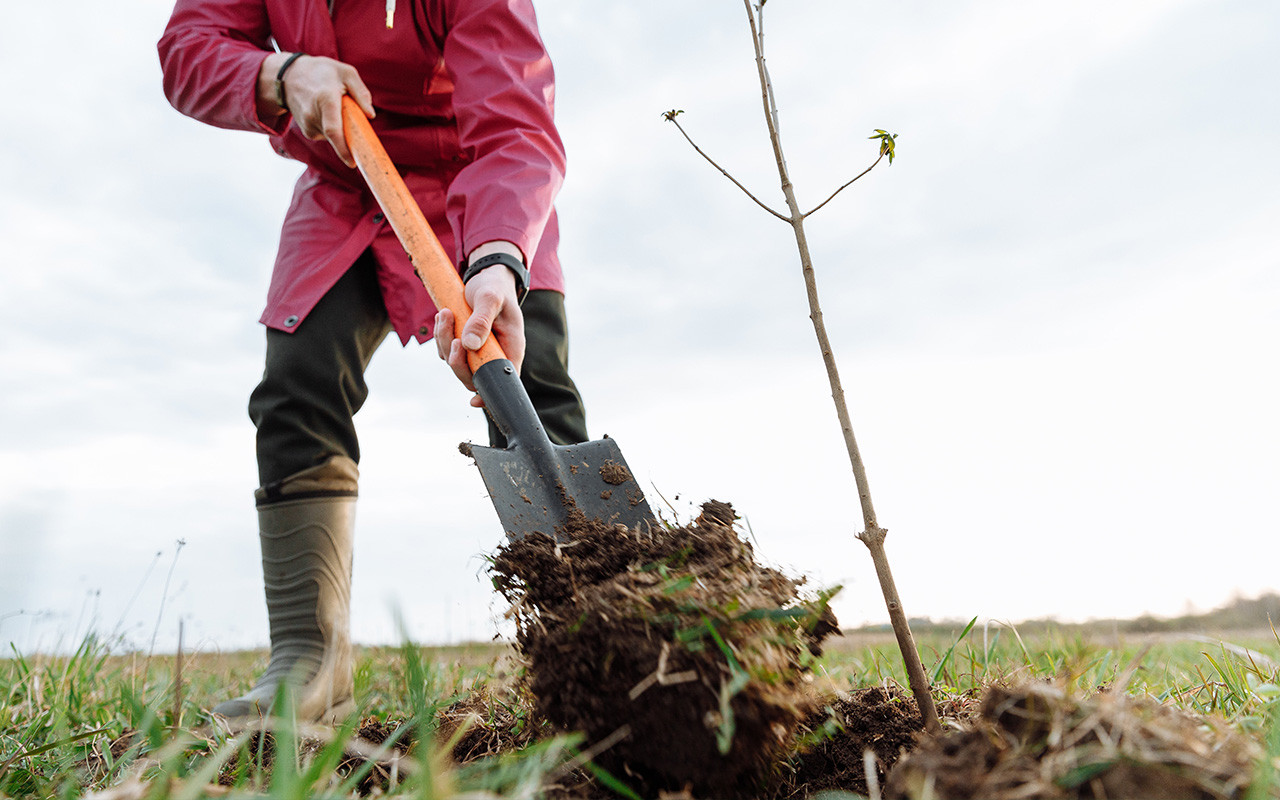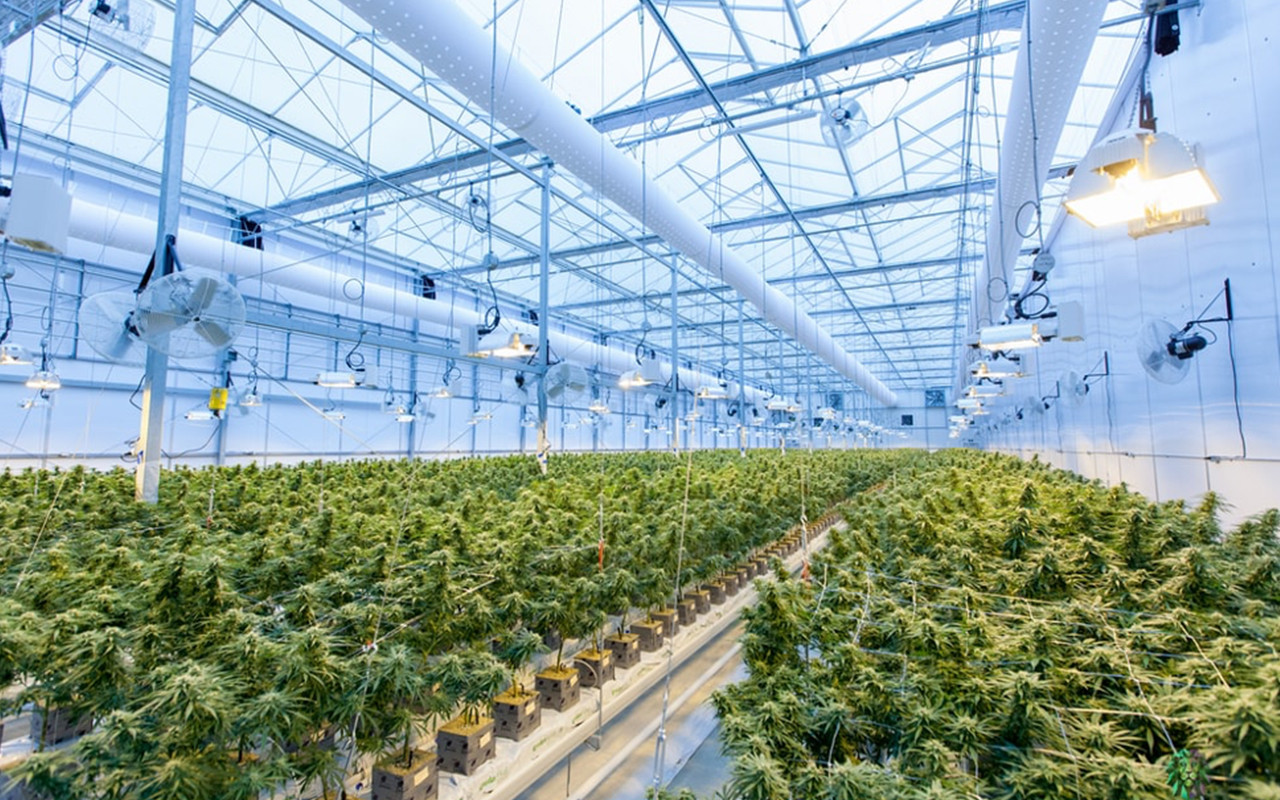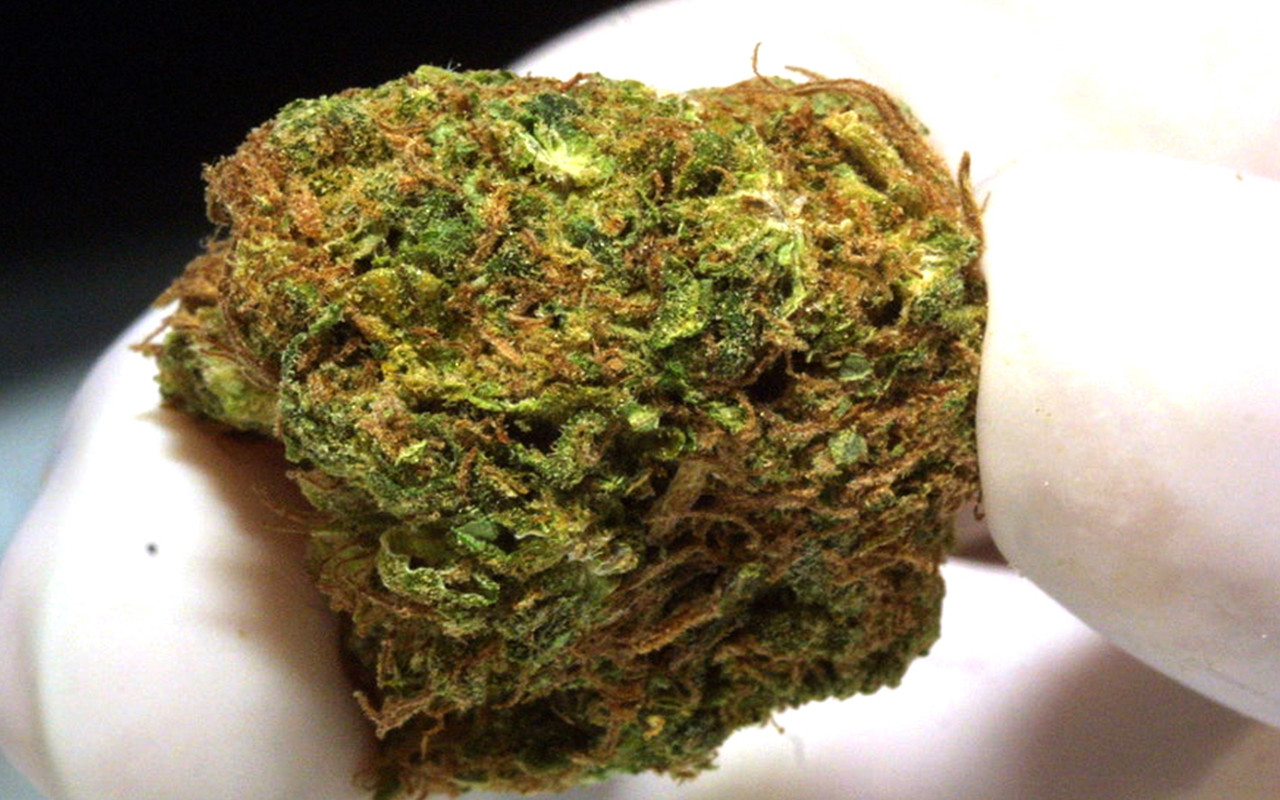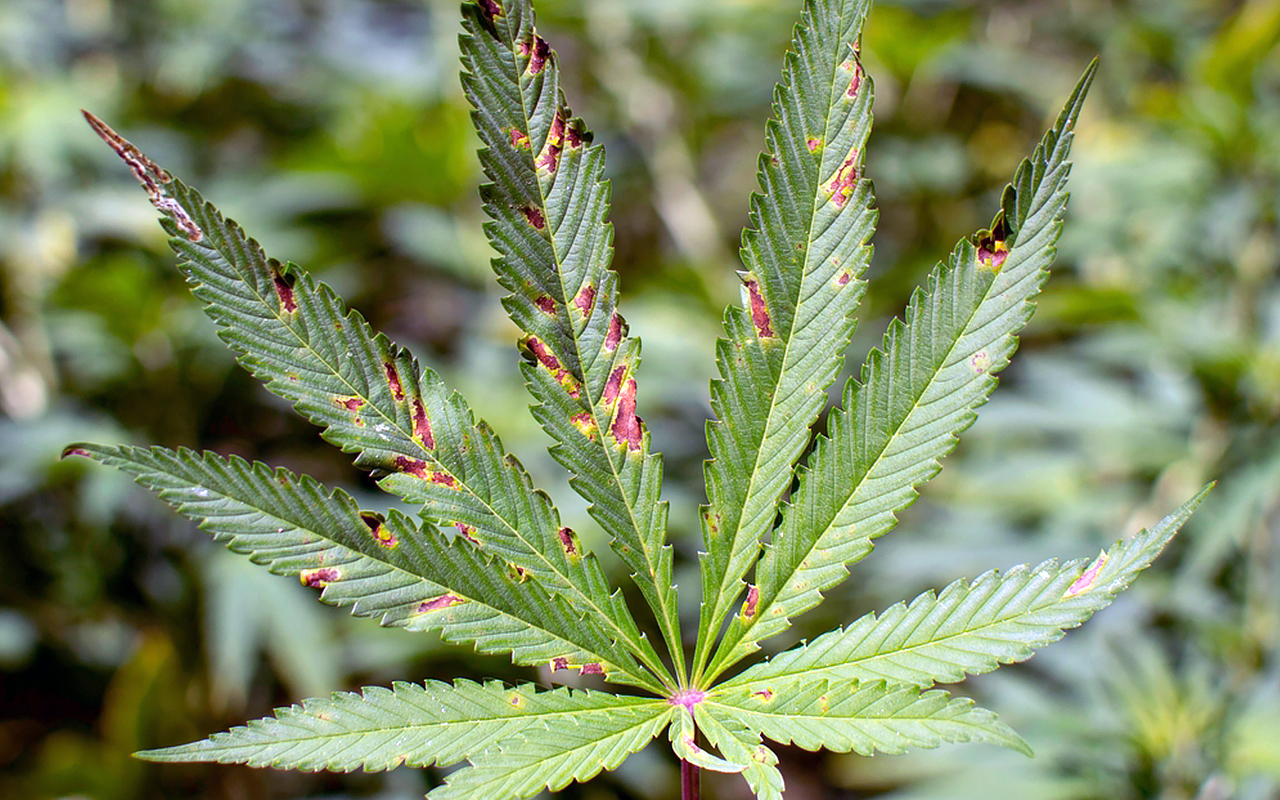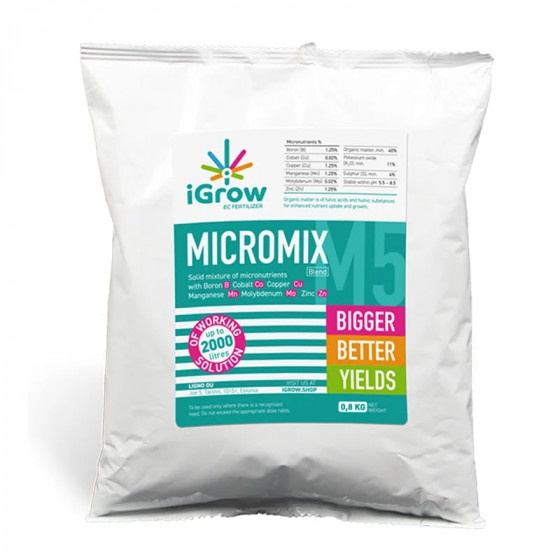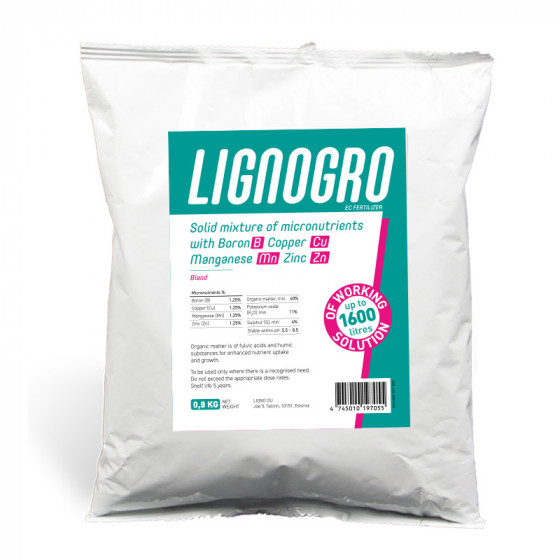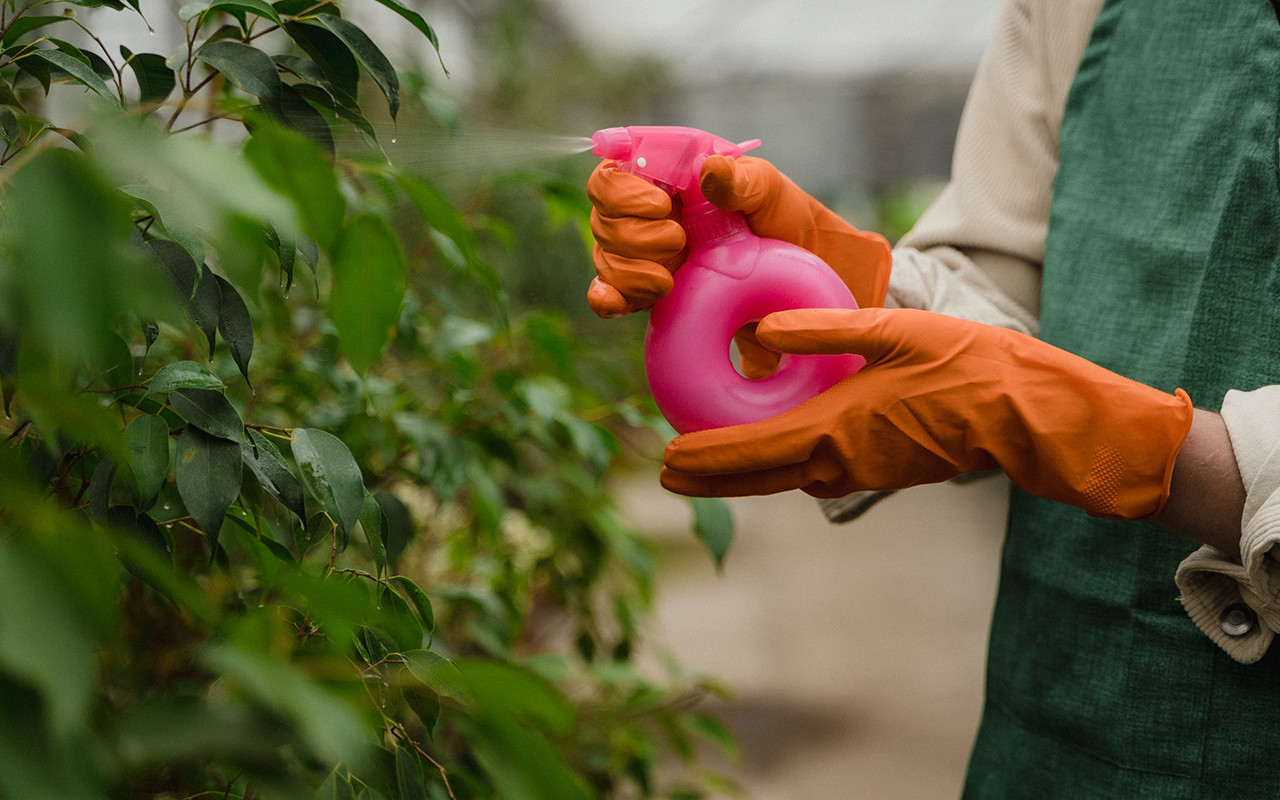
What are Micronutrients and Why Are They Important for Plant Growth?
What are micronutrients and why do plants need them
Micronutrients are nutrients that plants need in small quantities. They have a variety of important roles to play for plant growth and development which include:
- Regulating metabolic processes such as photosynthesis, protein synthesis, and biochemical reactions
- Forming structural components like cell membranes or chlorophyll molecules
- Acting as enzyme cofactors that help enzymes work properly
Plants naturally absorb many of their nutrients from the soil through which they grow. However, there are some vitamins and minerals that cannot be obtained by this method alone. This is where fertilizers come into play because they contain essential micronutrients that plants need to survive.
Different types of micronutrients
Some of the most common types of micronutrient fertilizers include:
- Iron is a type of iron supplement and works as an important enzyme cofactor for photosynthesis and energy transfer processes within cells
- Manganese also helps with energy transfer in cells and helps synthesize proteins
- Zinc is another key nutrient that plants need in small amounts to survive. It also has antioxidant properties which can help protect cells from damage done by free radicals
- Copper works as an enzyme cofactor like iron, but it also regulates the production of other enzymes within plant cells
- Boron is an essential nutrient that helps regulate plant hormones and transport other nutrients within cells
All of these micronutrients are important for healthy plant growth, but they also work synergistically to create a complete fertilizing system. This means that you can purchase products containing all of them or just one type depending on your needs!
How to balance the nutritional needs of a plant with micronutrients
If your plant is unable to absorb certain nutrients needed for survival, this can lead to nutrient deficiencies which occur when plants are not able to produce the substances they need. This commonly occurs in acidic or alkaline soils that contain high concentrations of salts and other ions.
- Acidic soil conditions cause micronutrients like iron, copper, zinc, and manganese to become insoluble. This means that they cannot be absorbed by plant roots
- Alkaline soil conditions cause micronutrients like calcium, magnesium, potassium, or sodium to become too soluble for plants absorb through their root systems
To balance out the nutritional needs of your plants in either situation you can use micronutrients in the form of foliar sprays or granules. These can be applied directly to plant leaves, stems, and roots when soil conditions are not suitable for absorption.
- Foliar applications deliver nutrients through your plant's leaves which boost their immune systems so that they have a better chance at fighting off diseases
- Granules can be applied directly to the soil which allows them to slowly break down into ionic forms that plants can absorb.
If your plant is suffering from a nutrient deficiency that you cannot correct with micronutrients, there are some other things to consider. First of all, the age and species of your plant will determine how likely it is for deficiencies to occur in certain nutrients or minerals. For example, iron deficiency occurs more often in new transplants or seedlings while calcium deficiency is more commonly seen in mature plants. Additionally, excessive application of fertilizers can lead to nutrient toxicity which occurs when high doses are applied over a long period. This often results in the leaching of needed nutrients through soil drainage or runoff which makes it difficult for plant roots to absorb them properly!
So, what you can do to fight nutrient deficiency?
Since your plant doesn't have the ability to produce micronutrients on its own, you'll need to find a way to take care of that deficiency. The best options for this are fertilizers that include micronutrients as part of the package, or using a soil conditioner/micronutrient supplement to make sure your plant will be healthy and safe from any deficiencies.
You can also add micronutrients directly to the leaves of your plant in order for them to absorb faster. You'll want to use a spray bottle or an atomizer, just make sure that you don't have too much liquid on the leaves because it will cause problems with pests and mold.
The most important thing is not to wait until your plant is in a state of malnutrition to take action. Adding micronutrients early on will help keep it healthy, and give the best results when you use them for treatment purposes.
So, purchase a bag of your favorite micronutrient fertilizers. Next, head over to the garden and give your plant a gentle hug! After this brief moment of love, gently spread the fertilizers around in a circle around the base of your plant. If you're feeling REALLY energetic, you can also try a fun activity like a dance or sing-along to help get the nutrients in the soil where they need to be. Finally, water in the fertilizer so it can be absorbed by roots and have its nutrients become available for use!







